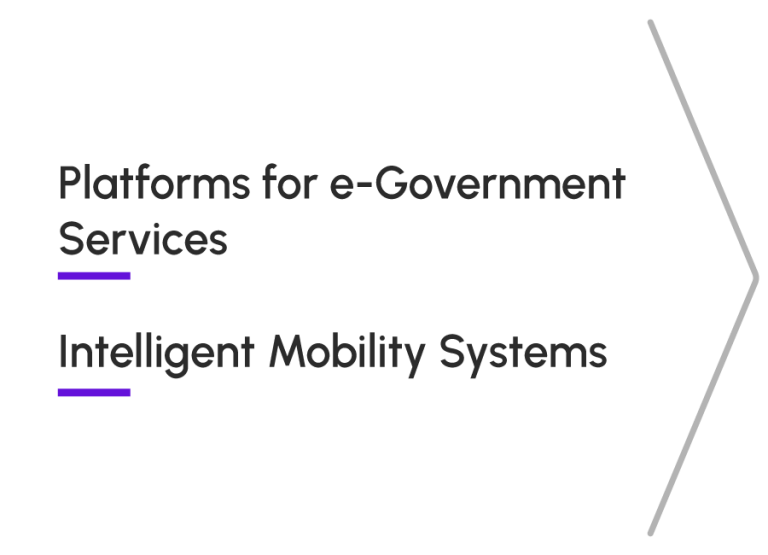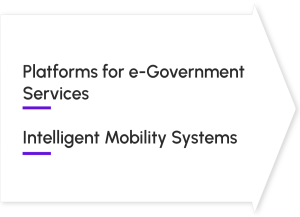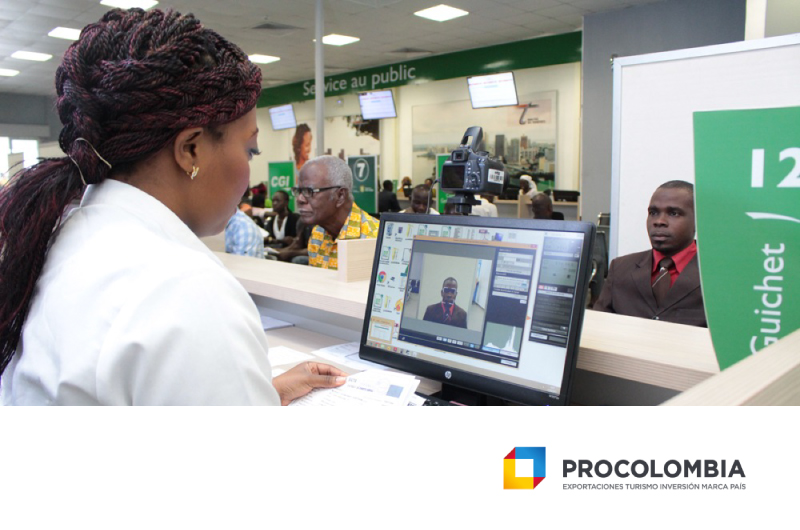We contribute to the transportation system in Ivory Coast!
We obtained a contract extension with the State of Ivory Coast for transport, mobility and transit solutions for the next 15 years! Our company aims to conquer seven other markets in Africa in the medium term and to continue expanding in different states of Brazil.
The Ivory Coast traffic authorities found in a Colombian software the solution to control traffic. In a first stage, the Colombian company Quipux, founded 26 years ago by Hugo Zuluaga, who is the current CEO, helped them to create the databases of the transportation field and to install citizen attention points in the last six years. This allowed the firm to reach 36 cities in the African country.
Due to its good performance, Quipux obtained a 15-year extension of its contract with the State of Ivory Coast to implement a nationwide intelligent transport system, which can report speed detection, traffic control, vehicle counting, among other tasks.
“In Ivory Coast, we implemented a system to have the databases of vehicle owners, drivers, transport companies and help the State to organize this information, in order to make life easier for citizens. This solution was awarded on the African continent and became a reference. For the next 15 years, we are going to offer the State solutions for mobility control, payment of infractions, traffic information panels, among other services,” Zuluaga said.
The company received the “Africa Road Builders” award for its contribution as a private company to the modernization of the transportation field in Africa during the African Development Bank Forum.
Quipux revealed that its objective is to reach more African countries, such as Guinea Bissau, Senegal, Cameroon and Ghana, with the support of ProColombia. ProColombia has provided them with information about markets on the continent, supported them in business meetings and arranged agendas with potential clients.
Similarly, the success of the Colombian company is also reflected in its work in Brazil. There they are present in more than five states, providing digital solutions for citizen service and deepening in autonomous services, thanks to artificial intelligence and analytics.
“We will carry on working to reach more states in Brazil, so we see great opportunities. In addition, in the state of São Paulo, which has around 45 million inhabitants and 30 million vehicles, we had a success story due to our platform for controlling the trade in used vehicle parts. The platform is used to combat the illegal sale of stolen parts and has resulted in a 38% reduction in the number of thefts. This issue has even become federal law and obliges the states of Brazil to have this type of control”, described the founder of Quipux.
With his vast experience in bidding and public procurement, the businessman gave three pieces of advice for those Colombian companies that want to export through this marketing channel..
“First, you must have a very solid product or service that can enter with a strong foothold. Second, it is important to go through a process of adaptation to local regulations, and third, to have strong local allies” said Zuluaga.
For her part, Flavia Santoro, president of ProColombia, explained that “there are several business cases that show how talent and creativity in our country have no borders. It also confirms the potential of a commercialization channel that we prioritize within the economic reactivation plan, which is public procurement, in which we prioritize 21 categories of goods and services in fields ranging from fashion to agri-foods that are in demand by different states”.
Some figures for public spending in the world indicate that this represents a value of close to US$15.7 billion and represents an average of 18.7% of the countries’ GDP. It is expected that, by 2025, public spending will reach a value of US$20 billion, with a growth of 28% compared to 2020, according to Fitch Connect.
This same firm assures that the main markets in terms of public spending are: The United States (25.6% of the world total), followed by China (15.6%), Japan (6.8%), Germany (5.1%), France (4.2%) and the United Kingdom (3.5%). In Latin America and the Caribbean, the main markets are: Brazil with US$277 billion, Mexico (US$131 billion), Argentina (US$61 billion), Colombia (US$48 billion) and Chile (US$38 billion).
Article taken from: ProColombia






